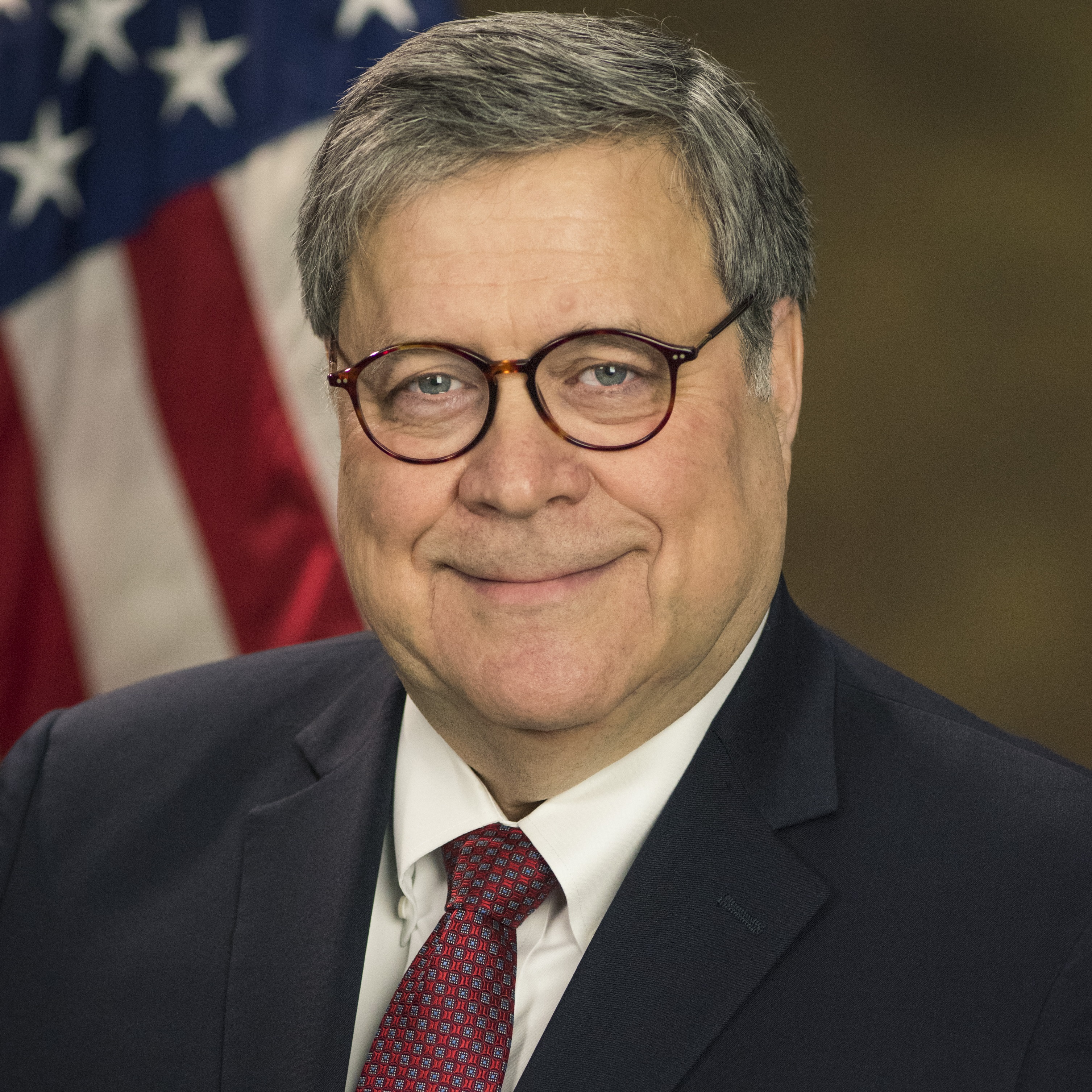AG Barr Again Calls for Access to iPhones
The smarter way to stay on top of the multichannel video marketplace. Sign up below.
You are now subscribed
Your newsletter sign-up was successful
The issue of law enforcement access to iPhones surfaced again this week in Attorney General Bob Barr's press conference on the December 2019 shooting at Pensacola Naval Air Station.

The attorney general, as did law enforcement officials in the Obama Administration, has pressed Apple to provide technological backdoors to help them access information to locked phones, but Apple has balked pointing to privacy issues.
Related: Barr Says Time Is Running Out on Warrant-Proof Encryption
On Dec. 6, Second Lieutenant Mohammed Saeed Alshamrani, a member of the Royal Saudi Air Force training in the U.S., shot and killed three U.S. sailors, and wounded eight other people, before being killed himself. It has been branded an act of terrorism.
Barr cited two Apple iPhones owned by the shooter but damaged during the incident.
He said that the FBI had restored both operational status and had gotten court authorization to search them, but said both are engineered to be "virtually impossible to unlock."
Related: FBI's Successful Phone Hack Isn't End of Story
The smarter way to stay on top of the multichannel video marketplace. Sign up below.
"It is very important to know with whom and about what the shooter was communicating before he died," he said, adding that Apple has not provided any "substantive assistance" in that effort.
"This situation perfectly illustrates why it is critical that investigators be able to get access to digital evidence once they have obtained a court order based on probable cause," he said. "We call on Apple and other technology companies to help us find a solution so that we can better protect the lives of Americans and prevent future attacks."
Apple and the Justice Department were at similar loggerheads over FBI efforts to access a phone used by the San Bernardino shooter in 2016, but the FBI eventually cracked that phone, mooting the court fight in that case.
Tech groups generally back Apple.
They argue that if Apple is forced to develop a backdoor for law enforcement access to locked phones, it is "inevitable" that the government, federal, state and local, will try to get access to other operating systems, and that the further inevitable result will be that companies will either design products that can more easily meet those government demands, or make them "impossible" to hack. The first would weaken security to the detriment of users' privacy, economic interests and national security. The second could hurt law enforcement and national security.
“We reject the characterization that Apple has not provided substantive assistance in the Pensacola investigation," it said in a statement. "Our responses to their many requests since the attack have been timely, thorough and are ongoing.”
Contributing editor John Eggerton has been an editor and/or writer on media regulation, legislation and policy for over four decades, including covering the FCC, FTC, Congress, the major media trade associations, and the federal courts. In addition to Multichannel News and Broadcasting + Cable, his work has appeared in Radio World, TV Technology, TV Fax, This Week in Consumer Electronics, Variety and the Encyclopedia Britannica.

